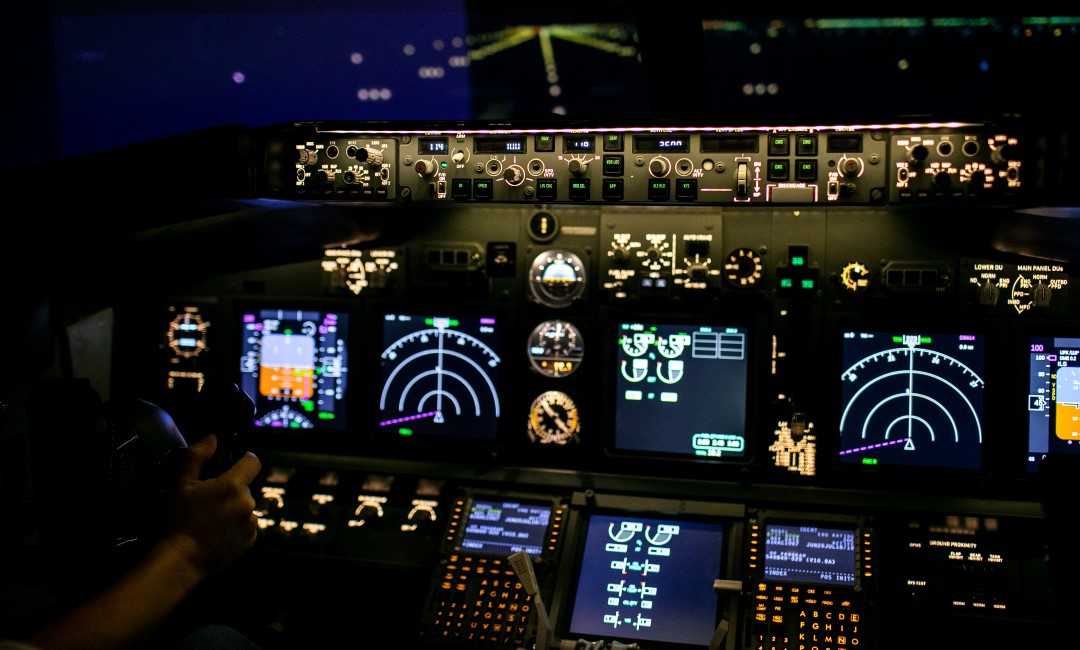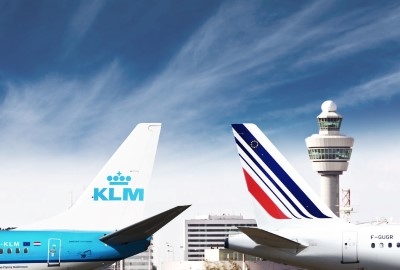Saving CO2 emissions during flight by ‘continuous descent’
What can air traffic controllers and pilots do right now to cut CO₂ emissions? A measure that is known as ‘continuous descent’ can help make aviation more sustainable as of today.

A constant descent approach (CDA) is designed to reduce fuel consumption and noise compared to other conventional descents. Instead of approaching an airport in a stair step fashion, throttling down and requesting permission to descend to each new lower altitude, CDA allows for a smooth, constant-angle descent to ensure the best chance of a stabilised approach and a smooth approach profile until the runway is in sight.
SimpleFlying reports that this measure actually helps reduce greenhouse gas emissions from flights. According to recent data, continuous descent is proving to significantly lower CO₂ emissions and noise levels at and around airports.
The continuous descent approach (CDA), as opposed to the Step-down Descent Approach (SDA), is becoming more frequent at some airports across Europe. According to the data collected by the European Organisation for the Safety of Air Navigation, the airports where the most flights achieved CDA all the way down from the cruising altitude also produce the least additional CO₂ during landing.


